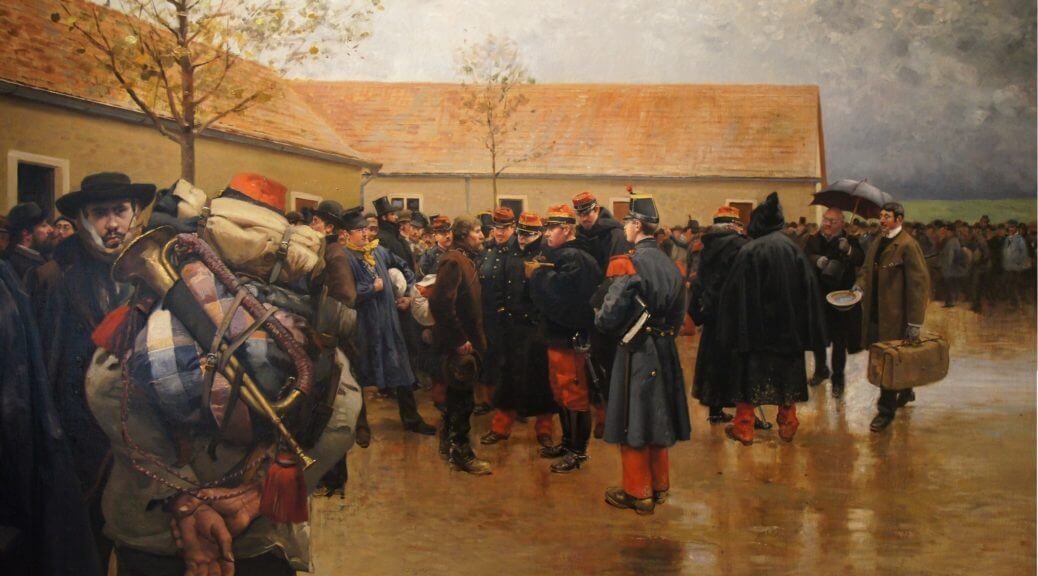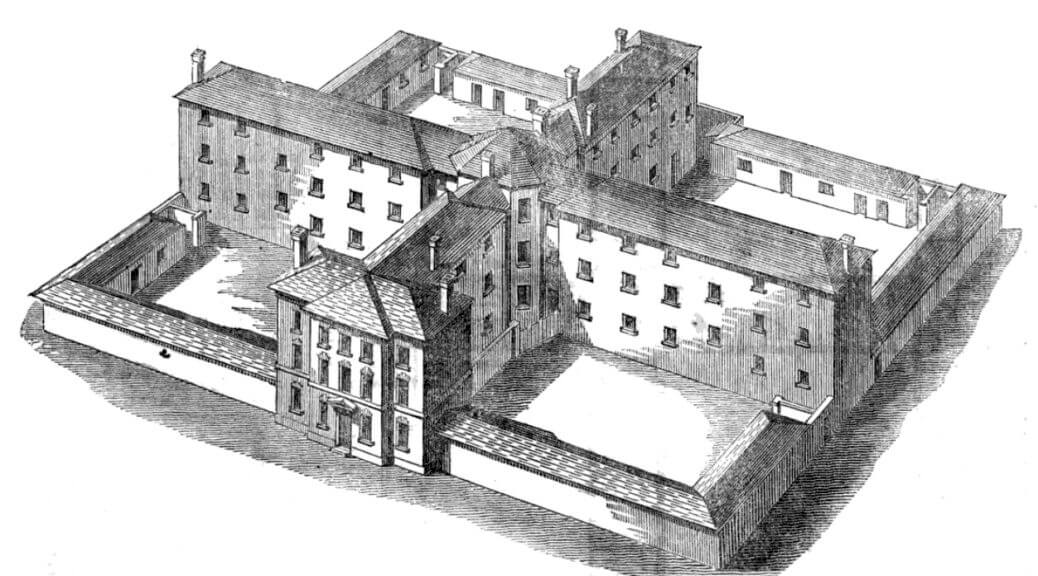
Mark Thornton returns to the podcast to discuss his new book The Skyscraper Curse (available digitally for free). The book discusses the connection between record-setting skyscrapers and economic recessions. Here’s an excerpt from the book’s introduction:
The Skyscraper Index expresses the strange relationship between the building of the world’s tallest skyscraper and the onset of a major economic crisis. This relationship only came to light in 1999 when research analyst Andrew Lawrence published a report noting the odd connection between record-height buildings and noteworthy economic crises — that is, the skyscraper curse, a relationship that dated back nearly a century. Without a theory to support it, journalists largely dismissed Lawrence’s report as the fun story of the day.
Mark relates these skyscrapers to the Austrian Business Cycle Theory (ABCT). He shows how record-setting skyscrapers and recessions can be caused by a common factor: excessively cheap credit. We discuss this theory in the interview.
Subscribe to Economics Detective Radio on iTunes, Android, or Stitcher.
The post The Skyscraper Curse and Business Cycles with Mark Thornton appeared first on The Economics Detective.


